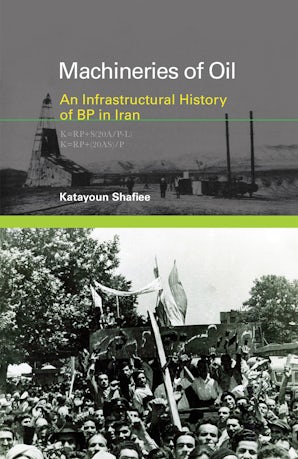
Guest response
ON OIL WORKERS’ LABOUR MILITANCY: AN EXCERPT FROM KATAYOUN SHAFIEE’S MACHINERIES OF OIL
Oilfields, pipelines, and refineries became the sites of powerful political battles throughout the Middle East in the twentieth century. [...] Oil’s unique physical and chemical properties demand that each category of work—drilling, pipeline construction, well maintenance, transportation, and refining—utilizes specific kinds of skilled and unskilled laborers such as drillers, pipeline fitters, engineers, geologists, and chemists.
The layout and design of oil infrastructure, namely, that it has an enclave character and requires oil wells, a pipeline, and a refinery to transform the oil into marketable products, result in distinct methods of monitoring and surveillance of workers. The oil workers’ capacity to form unions and “engage in strike activity” is drastically reduced, especially when considering that other sources of oil can be relied on and tankers can be rerouted to replace a sudden loss of oil elsewhere.
Thus, one reason oil companies have succeeded in making enormous profits has been “their ability to contain labor militancy.” Where labor militancy has occurred, it has generally been concentrated in refinery operations where there are large concentrations of skilled workers who occupy strategic positions to disrupt the economies of both oil-exporting and oil-consuming countries.
Over time, pumping stations and pipelines replaced railways as the main means of transporting a liquid form of energy, rather than a solid, from the site of production to refineries and tankers for shipping abroad. This meant the infrastructure of oil operations was vulnerable but not as easy to incapacitate through strike actions as were railways that carried coal, for example.
Book your tickets for Scenes of Extraction, Sanaz Sohrabi’s film essay on the British petrocolonialism in Iran, here.
AUTHOR’S BIO
Katayoun Shafiee is an Associate Professor in the History of the Middle East at the University of Warwick. She specialises in the history and material politics of large-scale infrastructures in the modern Middle East. Her first book, Machineries of Oil: An Infrastructural History of BP in Iran (MIT Press, 2018), integrates Middle Eastern history with interdisciplinary approaches in science and technology studies, reconfiguring the politics of the region through an examination of the British-controlled oil industry in Iran.

